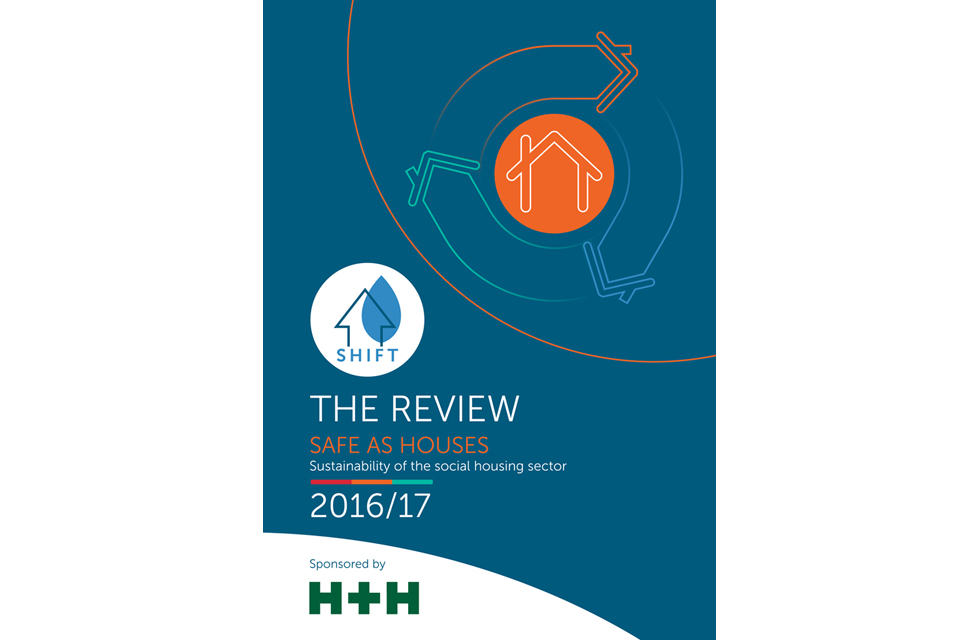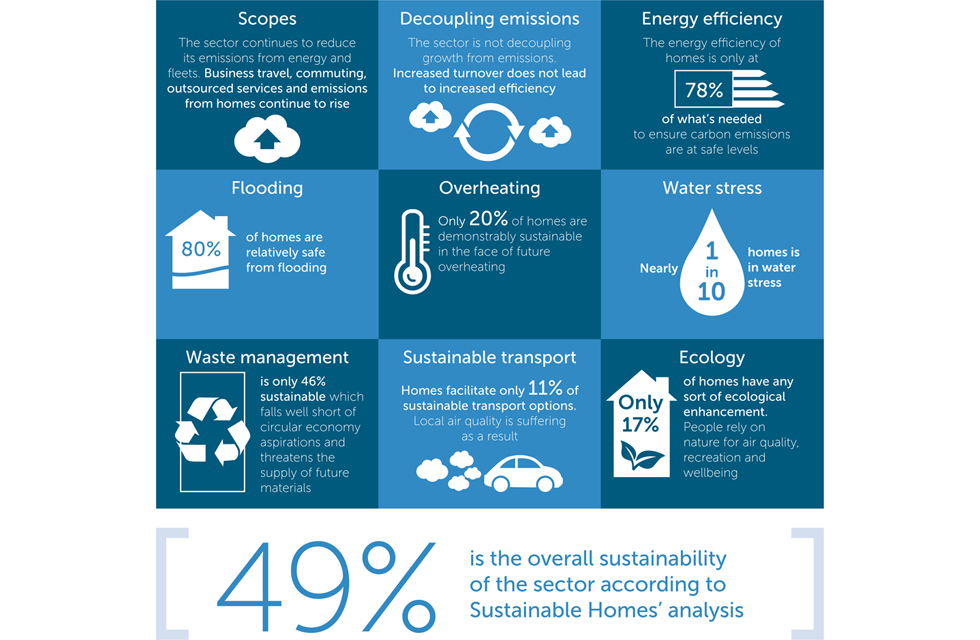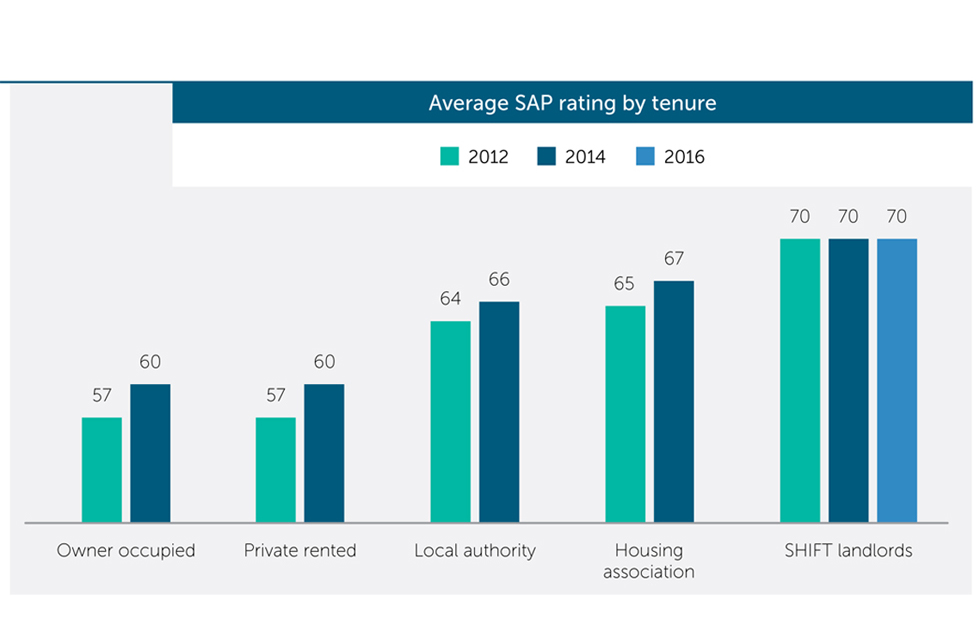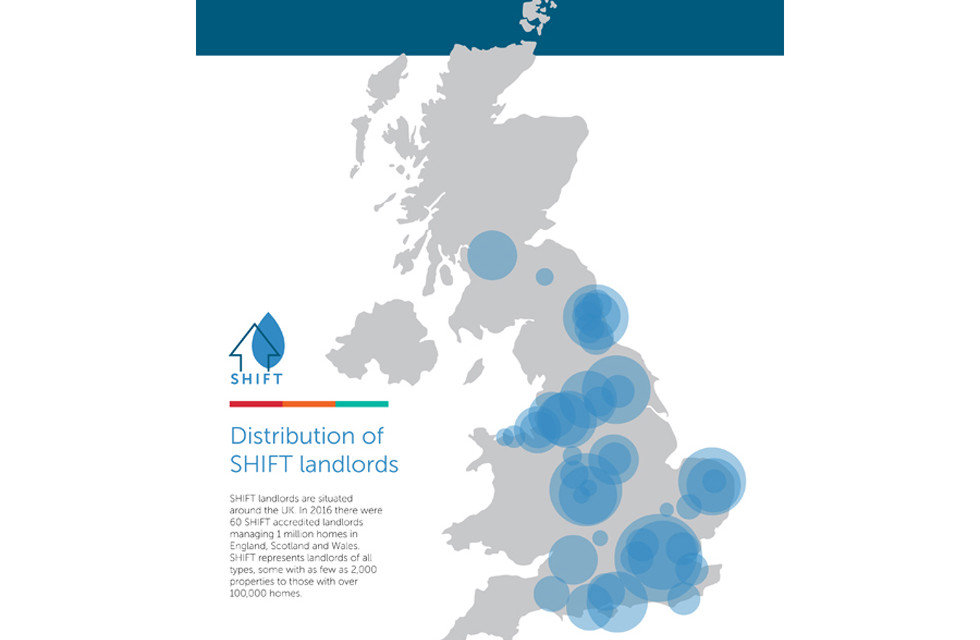We have just published a new report into how sustainable the housing sector. Safe as Houses supported by H+H, throws up some interesting and surprising facts about the industry which should provide a salutatory lesson for social housing providers, housebuilders, manufacturers and suppliers alike.
The report sharpens the case for a more robust sustainability strategy for the housing sector across all tenures as it provides evidence that environmental accreditation enhances performance in terms of sustainability and climate action.
The social housing sector is undergoing major changes and sustainability has been frequently sidelined – but being sustainable impacts on decisions by investors and sustainable organisations are best placed to provide the safe, sustainable homes that is so desperately needed.
The message is simple – we need quality, sustainable homes that realise the benefits now, and in the decades that follow.
For me, the research provides real insight into the issues that multi-tenure landlords, developers, designers and local authorities should be addressing.
Multi-tenure landlords have been carrying the burden of housebuilding for a long time and should be commended, but we cannot just focus on numbers at the expense of the environment and our commitments as a country.
The message is simple – we need quality, sustainable homes that realise the benefits now, and in the decades that follow.
Sustainability in housing
-
Overall efficiency
The energy efficiency of homes is at 78% of what is needed to ensure carbon emissions are in line with UK climate change targets
-
How sustainable is the sector
Overall the sector is 49% sustainable – the figure describes how close the sector is to meeting science-based targets. 100% would indicate that sustainable targets are being met
-
Energy efficiency
The energy efficiency of homes is at 78% of what is needed to ensure carbon emissions are in line with UK climate change targets
-
Scope 3 emissions
Progress has been made by multi-tenure landlords on reducing emissions from their offices and fleet. However, these savings are dwarfed by their Scope 3 emissions, which arise from housing stock, business travel, commuting, procurement and third party services. These emissions comprise 99.4% of the total and do not yet show signs of declining
-
Emissions and growth
The research reveals for the first time that the social housing sector is failing to decouple carbon emissions from financial growth
-
Accreditation
Multi-tenure landlords that have undergone environmental accreditation outperform other tenures in most categories including energy efficiency of homes, sustainable transport and overheating risk.
It’s now more important than ever that landlords show leadership in delivering environmental targets across their homes, offices and operations, and work together to achieve, at least, the 80% emissions reduction target by 2050 as set out in the Climate Change Act. More needs to be done to educate and engage both landlords and residents in the business case for sustainability.
Sustainable Homes is a not-for-profit consultancy promoting sustainability in our housing sector. The organisation carries out high profile, high impact research which has an impact for landlords and the wider housing sector.
Sustainable Homes provides tailored consultancy over a range of clients and subject areas from sustainability strategy to post occupancy evaluation.
It is also responsible for the widely respected SHIFT accreditation standard which measures an organisation’s performance against a range of environmental indicators. To date nearly 100 landlords have gone through SHIFT saving 82,000 tonnes of carbon.
In addition to highlighting the state of the sector at present, the report looks at trends in sustainability and housing, and focuses on the work done by SHIFT landlords who represent over 600,000 UK properties in 2016.
SHIFT landlords have collectively achieved the following since 2012:
- Saved 80,300 tonnes of CO2 by making homes more energy efficient and encouraging residents to save energy
- Saved over 1.3 million cubic metres of water – which also saves 1,410 tonnes of carbon
- Saved over 13,500 tonnes of household waste from going to landfill
- Diverted an extra 269 tonnes of office waste from going to landfill
Bevan Jones is managing director of Sustainable Homes.
If you have any questions about this article or want to know more, please email us. We will contact the author and will get back to you as soon as we can.









